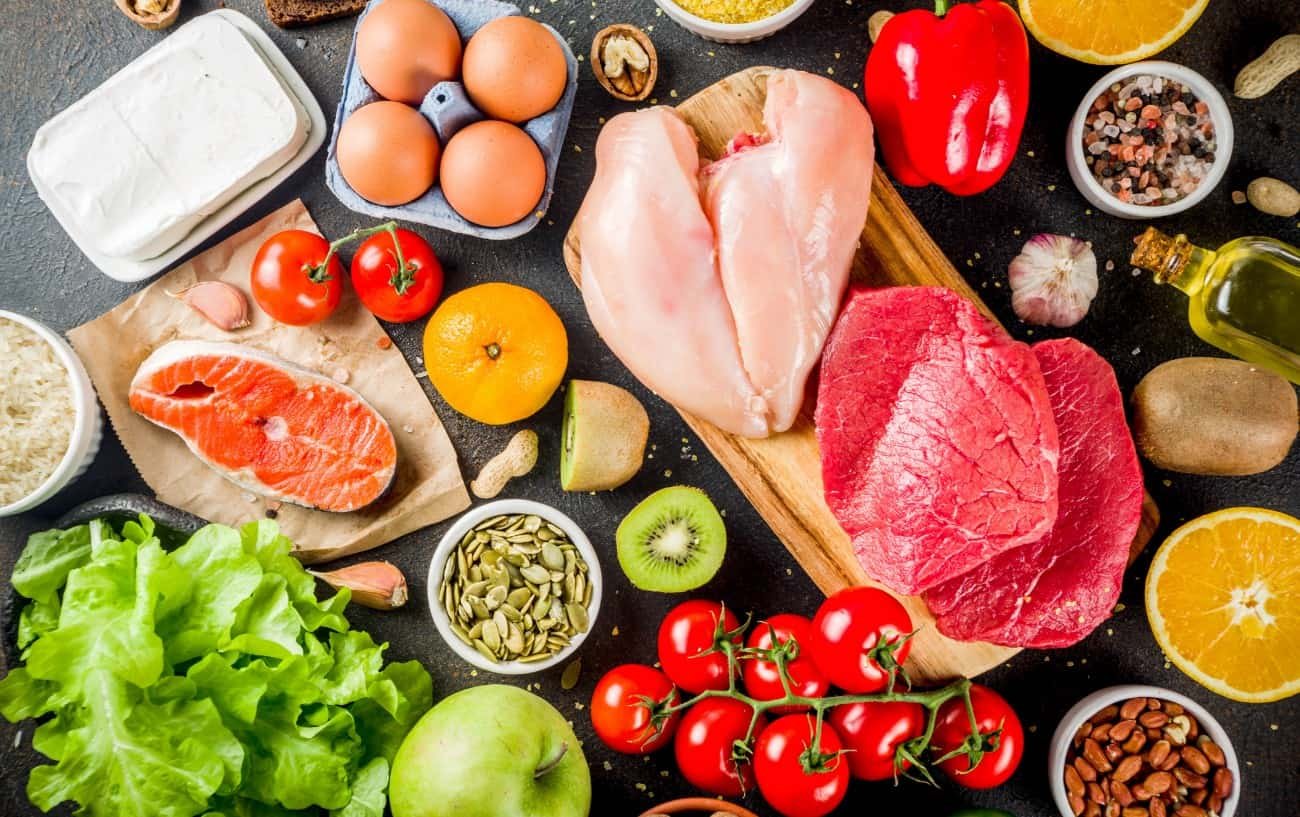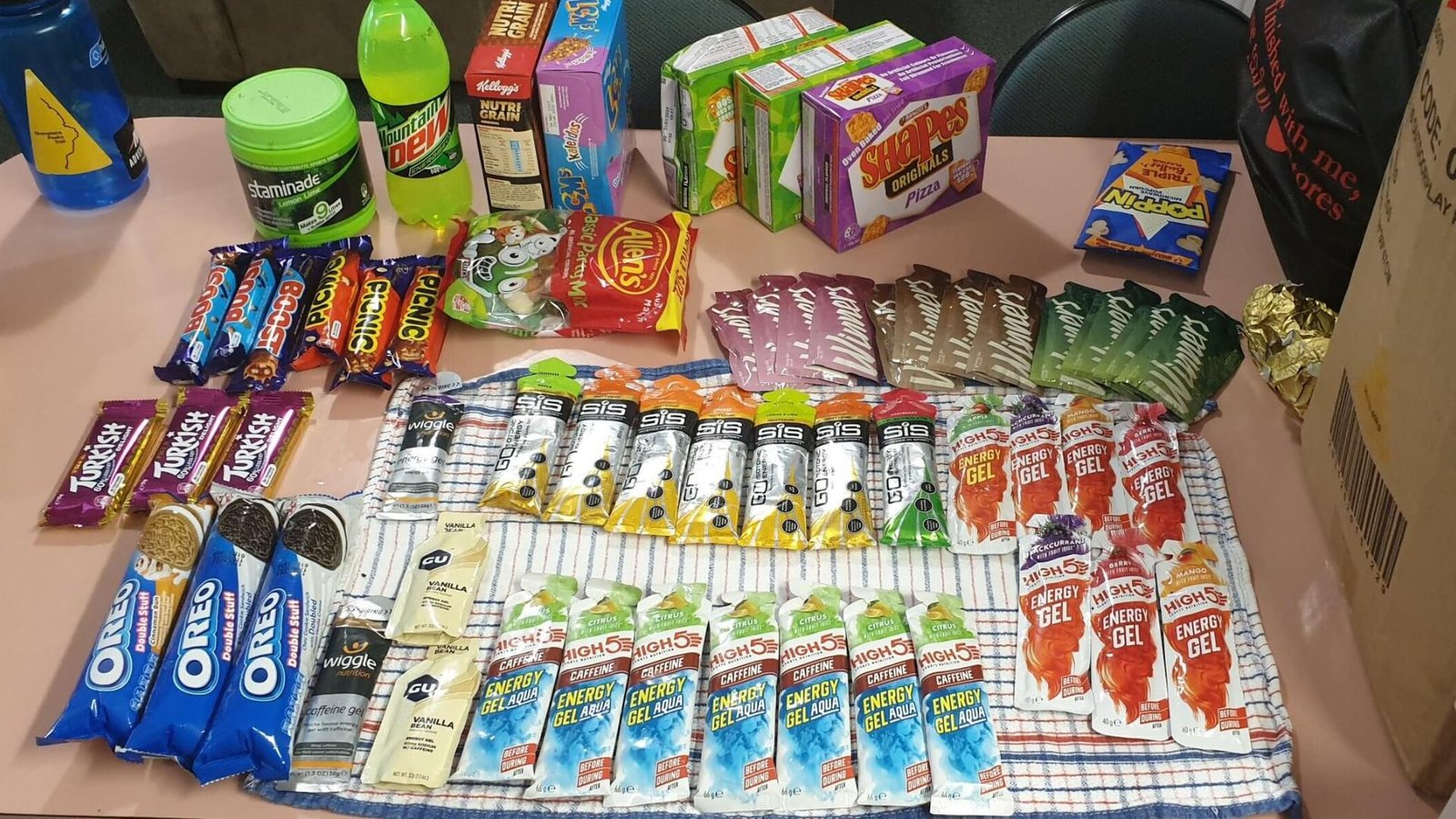When it comes to managing nutrition during an ultramarathon, your fuel choices and timing can make or break your race. An ultramarathon isn’t like a typical marathon; the duration and intensity require careful planning of what and when to eat. Without proper nutrition, you risk hitting the dreaded “wall,” leading to fatigue, muscle cramps, and even the inability to finish the race. In this article, we’ll explain some key strategies for managing nutrition during an ultramarathon, ensuring you stay fueled and ready to tackle the miles ahead.
Understand the Importance of Nutrition for Ultramarathons
Managing nutrition during an ultramarathon is not just about eating at the start and hoping for the best. The human body has a limited capacity to store energy, and in an ultramarathon, this energy depletes much faster due to the extended duration and higher energy expenditure. To avoid running on empty, you need to consume a combination of carbohydrates, fats, and proteins throughout the race. These macronutrients work together to maintain energy levels, improve endurance, and reduce muscle breakdown.

The key to success is balancing your energy intake, hydrating properly, and consuming foods that are easy to digest and provide sustained energy.
Pre-Race Nutrition: Set Yourself Up for Success
Before you even start your ultramarathon, it’s important to fuel up properly during the days leading to the race. Carbo-loading in the 48 hours before the race is commonly recommended to ensure your glycogen stores are topped off. However, managing nutrition during an ultramarathon starts well before race day.
Consume a well-balanced meal the night before, focusing on complex carbohydrates like pasta or rice, lean proteins, and some healthy fats. A breakfast with a mix of carbs and protein is also essential. Aim for foods that are easily digestible to avoid any stomach issues during the race. Oatmeal, bananas, and toast with peanut butter are great options.
During the Race: Fueling Consistently
Managing nutrition during an ultramarathon requires regular fueling throughout the race. You don’t want to wait until you’re hungry or fatigued to eat. Eating small amounts of food every 30 to 45 minutes can help keep your energy levels stable and prevent you from running out of steam.
Start with easily digestible carbs, such as energy gels, chews, or bananas. These provide quick energy that your body can use immediately. However, don’t rely solely on sugars; including some proteins and healthy fats, such as nuts, seeds, or trail mix, can help sustain you over the long haul. Your body will need more than just sugar to keep going for hours or even days.
Balancing Endurance with Digital Entertainment
Endurance Buzz focuses on the dedication and challenges of endurance sports, celebrating peak physical and mental performance. After pushing limits in training or competition, many athletes also enjoy unwinding with various forms of online recreation. For those seeking engaging digital games, exploring platforms that feature crazyvegas online slots in canada can provide a different kind of stimulating activity. Always remember to balance your active pursuits with responsible and enjoyable digital entertainment.
Hydration: Don’t Forget the Fluids
While managing nutrition during an ultramarathon, hydration is just as important as food. Running for hours causes you to lose fluids, which can lead to dehydration, cramping, and fatigue. Make sure to drink fluids consistently throughout the race, aiming for around 500–750 ml per hour, depending on the temperature and your sweat rate.
Water is essential, but you also need to replace the electrolytes lost through sweat. Electrolyte drinks or tablets that contain sodium, potassium, and magnesium are great options to maintain balance and prevent cramping. It’s also wise to alternate between water and electrolyte drinks to stay well-hydrated.
Post-Race Nutrition: Recovery Starts Early
Once you’ve crossed the finish line, managing nutrition during an ultramarathon doesn’t stop. Recovery is key to preventing muscle soreness and aiding in the repair of damaged tissue. Within 30 to 60 minutes after finishing, you should consume a recovery meal or snack that contains both carbohydrates and protein. This helps replenish glycogen stores and promotes muscle repair.
A good option could be a protein shake or a turkey sandwich with some fruit. Additionally, make sure to drink enough water to rehydrate and continue replenishing your electrolytes.
Experiment with Foods in Training
One of the most important aspects of managing nutrition during an ultramarathon is finding what works best for your body. Not all foods will agree with everyone, so experimenting during training is essential. Use your long runs as opportunities to test different types of fuel, snacks, and hydration strategies.
Some runners may find that certain gels upset their stomachs, while others may prefer solid foods. The key is to find a combination of foods that work well for you and practice consuming them during your training runs.
Avoid Common Mistakes
One common mistake many ultramarathon runners make is under-fueling. It can be easy to forget to eat or to eat too little while running. This can lead to bonking, where you experience a sudden drop in energy and feel fatigued and sluggish. To avoid this, be proactive with your nutrition and eat small amounts consistently throughout the race.
Another mistake is relying too heavily on sugar. While sugar provides quick energy, your body will need a more balanced mix of nutrients for sustained energy. Make sure to include proteins and fats, not just carbohydrates, in your race nutrition plan.
Conclusion
Managing nutrition during an ultramarathon is a vital part of your overall race strategy. By fueling consistently, staying hydrated, and choosing the right foods, you can keep your energy levels high throughout the race. Remember to experiment during training, listen to your body, and focus on both nutrition and hydration. With the right plan, you’ll be able to maintain your energy and cross the finish line strong.










